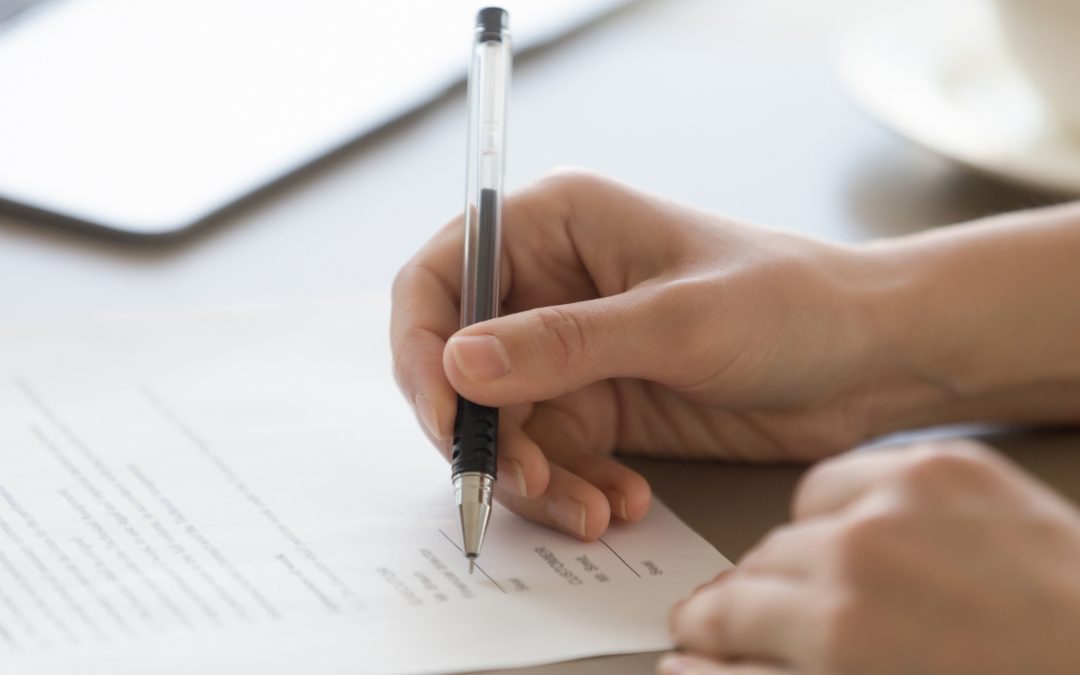Filling in the Lasting Power of Attorney document
You’ve made the beneficial and practical decision to make a Lasting Power of Attorney or LPA, which will save you and your family immeasurable amounts of time, money and hassle in the long-term, should you lose your capacity to make or voice your own decisions.
You now need to complete the LPA document and for this you need to choose what is known as a certificate provider.
When completing this document, you need to choose someone to provide a ‘certificate’ that shows you understand its importance and purpose as a binding legal tool.
What is a certificate provider?
A certificate provider bridges the gap between the individual making the LPA, often known as the donor, and the attorney themselves. By involving a third party, it satisfies the law’s requirement for a greater level of objectivity and to ensure that each party must be aware of what exactly the LPA is and what it seeks to do.
Your family has your best interests at heart and so for the large part this is not needed. It’s simply the law’s way of ensuring the LPA is made fairly and appropriately.
Why do I need one?
A certificate provider is vital to the legality and safety of the LPA as they acknowledge that you are entirely capable of understanding what it is, what is included in it and the powers that are being granted to your attorney.
It must also be clear that the person seeking an LPA has not been placed under any undue influence or pressure to complete the document. It must not have been produced fraudulently and there must be no reason to prevent the creation of the LPA.
Who can be a certificate provider?
There are strict rules on who and who cannot act as a certificate provider.
It must either be an individual that has known you for at least 2 years (a knowledge-based certificate provider) or an individual with relevant professional skills or knowledge who is able to make a professional objective decision about your level of awareness and understanding (a skills-based certificate provider).
However, this person must not be anyone in your direct or wider circle of family members including relations by marriage and stepparents/stepchildren. It also cannot be a business partner or paid employee, an attorney or Enduring Power of Attorney, a person of authority within a care home where the donor is living or a director or employee of a trust corporation.
Prior to completing the document, the certificate provider should consider a number of questions:
- Who have you (the donor) chosen to be the attorney and why?
- What powers are you providing them with and when should these be exercised?
- What decisions would you like them to make? What guidance or complete restrictions are there?
The certificate is a necessary part of the LPA. Without it, it cannot be registered and is invalid. Crucially, it is vital that the attorney is not present when yourself and the certificate provider are discussing producing the LPA as this will be invalid.
Ultimately, having a certificate provider offers further benefits and protection to you as it enables your best interests to be fully prioritised.
To find out more about the best option for your circumstances, contact us here.

